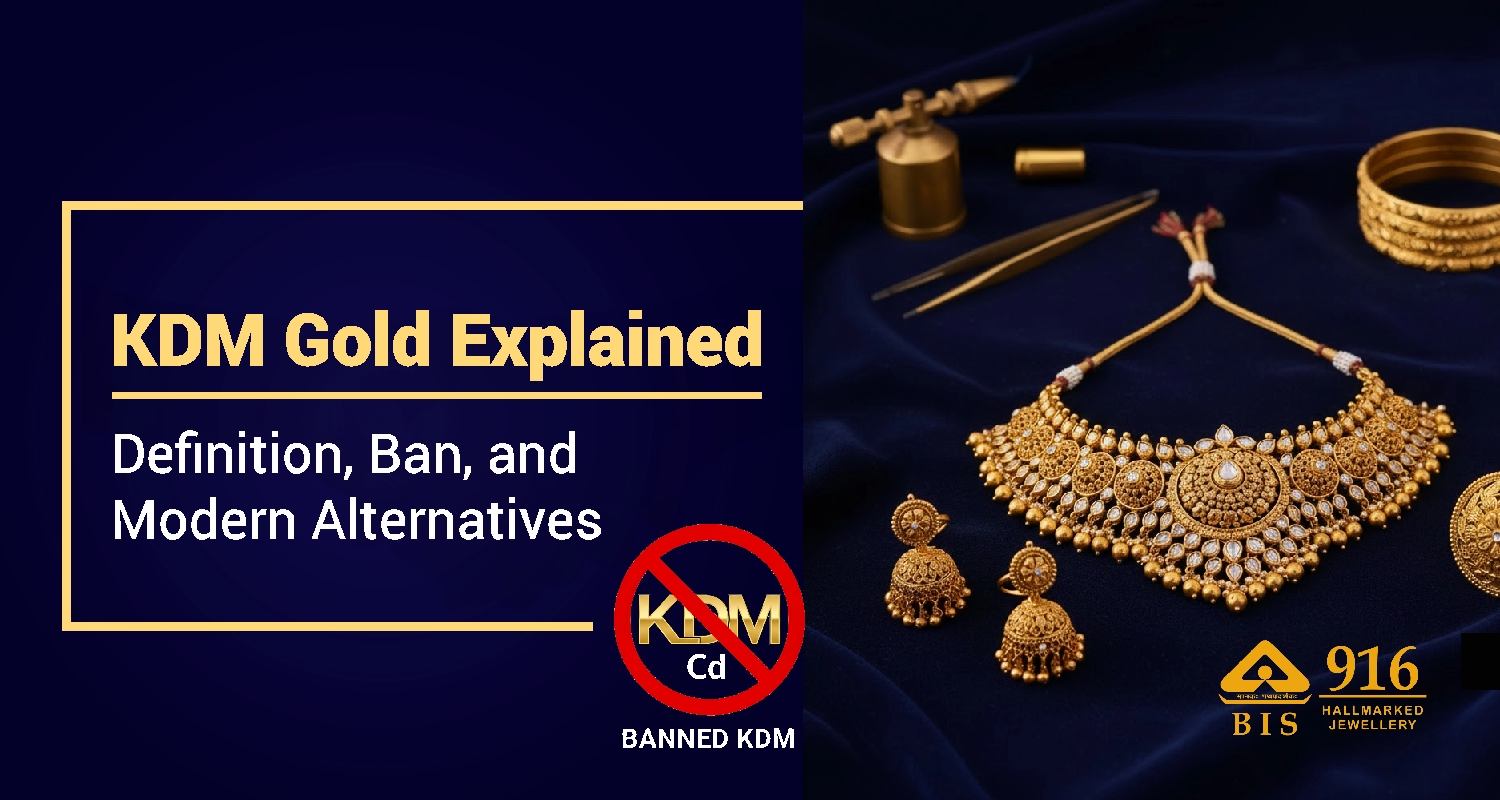Will Gold Rate Decrease in Coming Days in India? Prediction & Trends 2025

Gold prices in India have seen significant fluctuations, especially in the year 2025 alone. It has undoubtedly left investors and gold loan seekers on edge, especially with the ongoing economic shifts across the globe, inflation trends and the central bank decisions.
Everyone seems to be asking the same question: Will gold rate decrease in coming days? For investors, the falling prices could offer a buying opportunity, but on the other hand, for those planning to take a gold loan, lower rates might reduce loan value. Having a clear idea as to what drives these movements is key to making smart financial decisions. So, what’s next for gold—will it shine brighter or dip further? Let’s explore the factors influencing the gold price trajectory.
Historical Gold Price Movements & What They Indicate
Over the past five years, gold prices in India have steadily risen, reflecting global economic shifts and domestic currency depreciation. While short-term corrections occurred, the long-term trajectory remains upward due to inflation concerns and central bank accumulation. The 2025 trend suggests a phase of consolidation, a potential precursor to another rally if global uncertainties reemerge. For investors and gold loan seekers, this indicates a relatively stable environment to capitalise on gold’s asset value.
|
Year |
Average Gold Price (24K per gram) |
Key Factors Influencing Trends |
Market Indication |
|
2020 |
₹4,500 |
COVID-19 uncertainty, global recession fears |
Safe-haven demand surged |
|
2021 |
₹4,750 |
Gradual recovery, stable inflation |
Prices remained resilient |
|
2022 |
₹5,100 |
Russia-Ukraine conflict, crude oil rise |
Strong upward momentum |
|
2023 |
₹5,800 |
High inflation, central bank buying |
Continued bullish outlook |
|
2024 |
₹6,950 |
Weak rupee, global economic slowdown |
Peak price levels recorded |
|
2025 (YTD) |
₹11,000 |
Unstable global conditions, moderate demand |
Market entering consolidation phase |
Overview of Current Gold Rate Trends in India 2025
In 2025, gold prices in India have shown moderate fluctuations influenced by both global and domestic factors. After a strong rally in 2024 driven by inflationary pressures and geopolitical uncertainties, prices have stabilized around ₹6,800–₹7,200 per gram for 24K gold in early 2025. Currently in November 2025, it has touched ₹12,345. The steady performance reflects cautious investor sentiment as central banks worldwide adopt a wait-and-watch stance on interest rate cuts. Meanwhile, growing demand during the wedding season and festive months continues to provide underlying support. Overall, gold remains a preferred hedge against market volatility, and experts suggest that price movements will depend largely on crude oil trends, U.S. dollar strength, and domestic demand patterns.
Factors that could Lower the Gold Price
Several key factors could lead to a drop in gold prices in the coming days.
- One of the biggest influences is the strength of the US dollar. When the dollar gains value, gold becomes more expensive for other countries to buy, which lowers demand and can push prices down.
- Rising interest rates are another factor—when rates go up, investors often prefer assets like bonds that offer returns, instead of gold, which doesn’t earn interest.
- Economic stability also plays a role. When global or domestic economies are stable, people feel less need to invest in safe-haven assets like gold.
- Similarly, an improvement in overall market risk sentiment means investors are more confident and willing to take risks, shifting their money away from gold.
- Lastly, if the supply of gold increases, whether through mining or reduced demand, it can lead to a drop in prices. All these factors combined can create downward pressure on gold rates.
Key Economic Indicators Affecting Gold Prices in India
To understand whether the gold rate will decrease in the coming days in India, it's essential to consider key economic indicators that influence gold rates.
1. GDP Growth and Employment Data
- Strong GDP and job growth increase consumer confidence.
- People are more likely to invest in high-return assets than gold.
2. Inflation and Consumer Price Index (CPI)
- Lower inflation and CPI reduce gold’s appeal as a hedge.
- This can decrease demand and pull prices down.
3. Consumer Confidence
- High confidence leads to more spending in riskier assets.
- Gold, seen as a safe haven, becomes less attractive.
4. Strength of the Indian Rupee
- A stronger rupee makes gold imports cheaper.
- Lower import costs can reduce domestic gold prices.
5. Global Monetary Policies
- Policies like US Federal Reserve interest rate hikes impact gold.
- Higher global rates shift investment away from gold.
| Factor | Downward |
|---|---|
| Strengthening US dollar | Downward |
| Rising Interest Rate | Downward |
| Economic Stability | Downward |
| Positive Market Risk Sentiment | Downward |
| Rise in Gold Supply | Downward |
Global Market Impact on Indian Gold Prices in 2026
- A potential easing of U.S. interest rates could push gold prices higher as investors seek non-yielding assets.
- Global inflation moderation may limit upside potential, leading to price stabilisation.
- Rising demand from emerging economies, especially China, could lift international prices.
- A strong U.S. dollar or reduced central bank buying may exert downward pressure.
- Any geopolitical instability or supply chain disruption could trigger a renewed price rally.
Conclusion
In conclusion, will thegold rate decrease in the coming days depends on various economic factors like inflation, interest rates, global cues, and the strength of the US dollar. As discussed, signs of economic stability and rising interest rates could lead to a slight dip in prices. However, with ongoing global uncertainties and local festive demand, prices may remain unpredictable.
For those who already own gold, this could be a good time to make it work for you. Instead of selling, consider options like a gold loan from IIFL Finance, which lets you access funds quickly without parting with your precious assets. It’s a smart way to meet your financial needs while holding on to your gold. Keeping an eye on market trends will help you make informed decisions, whether you're buying, selling, or using gold as collateral.
Frequently Asked Questions
Ans. To track gold price trends, monitor financial news websites, commodity exchanges, and gold-specific platforms. Factors like global economic conditions, interest rates, and geopolitical events influence gold prices. Predictions about whether the gold rate will decrease in coming days are uncertain due to these fluctuating factors.
Ans. If gold prices are expected to decrease, selling now could be a good strategy to maximize returns before a potential dip. Monitor market trends and forecasts to make an informed decision. However, consider your financial needs and long-term goals before making a decision to sell.
Disclaimer : The information in this blog is for general purposes only and may change without notice. It does not constitute legal, tax, or financial advice. Readers should seek professional guidance and make decisions at their own discretion. IIFL Finance is not liable for any reliance on this content. Read more



